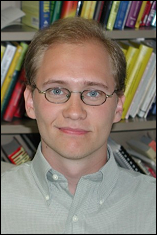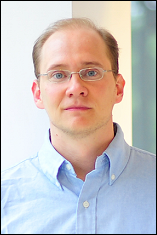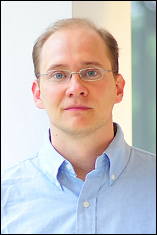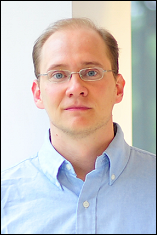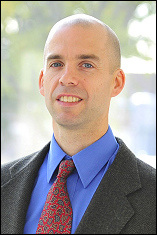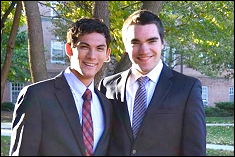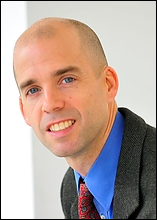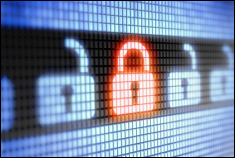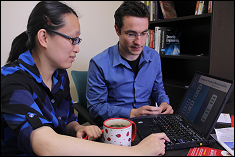News Story
MC2 Director Katz Testifies Before Senate Subcommittee on Investing in Cybersecurity
Published May 8, 2014
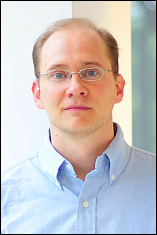
- Story by Melissa Brachfeld, UMIACS
May 7, 2014
Jonathan Katz, professor of computer science and director of the Maryland Cybersecurity Center (MC2), testified today on Capitol Hill regarding the federal government’s future investment in cybersecurity research and education.
Katz spoke before a U.S. Senate appropriations subcommittee looking at the current capabilities - and future cybersecurity funding needs - of several government agencies, including the Department of Homeland Security.
Katz's testimony focused on cybersecurity workforce development.
"Developing an adequately prepared cybersecurity workforce is a daunting challenge..."
Jonathan Katz, MC2 Director
"Developing an adequately prepared cybersecurity workforce is a daunting challenge - put simply, demand is far outstripping supply," said Katz in the second half of the hearing, which partially focused on academia and the private sector and their roles in working together to grow the cybersecurity field.
He touched on how the university focuses on giving students a robust cybersecurity education, as well as the many unique programs underway to provide training, such as the Advanced Cybersecurity Experience for Students (ACES) Honors Program.
The hearing also featured testimony from top cybersecurity officials from the U.S. Citizenship and Immigration Services, U.S. Customs and Border Protection, and the Secret Service on what their agencies are up to and what their budget needs are. Part of their testimony focused on the importance of training college students to someday work in cybersecurity.
"[The University of Maryland is] doing great work in preparing the cyberworkforce," said U.S. Sen. Chris Coons, who represents Delaware and is a member of the subcommittee, of the university’s cybersecurity programs.
MC2 is supported by the College of Computer, Mathematical, and Natural Sciences and the A. James Clark School of Engineering. It is one of 16 centers and laboratories in the University of Maryland Institute for Advanced Computer Studies (UMIACS).
